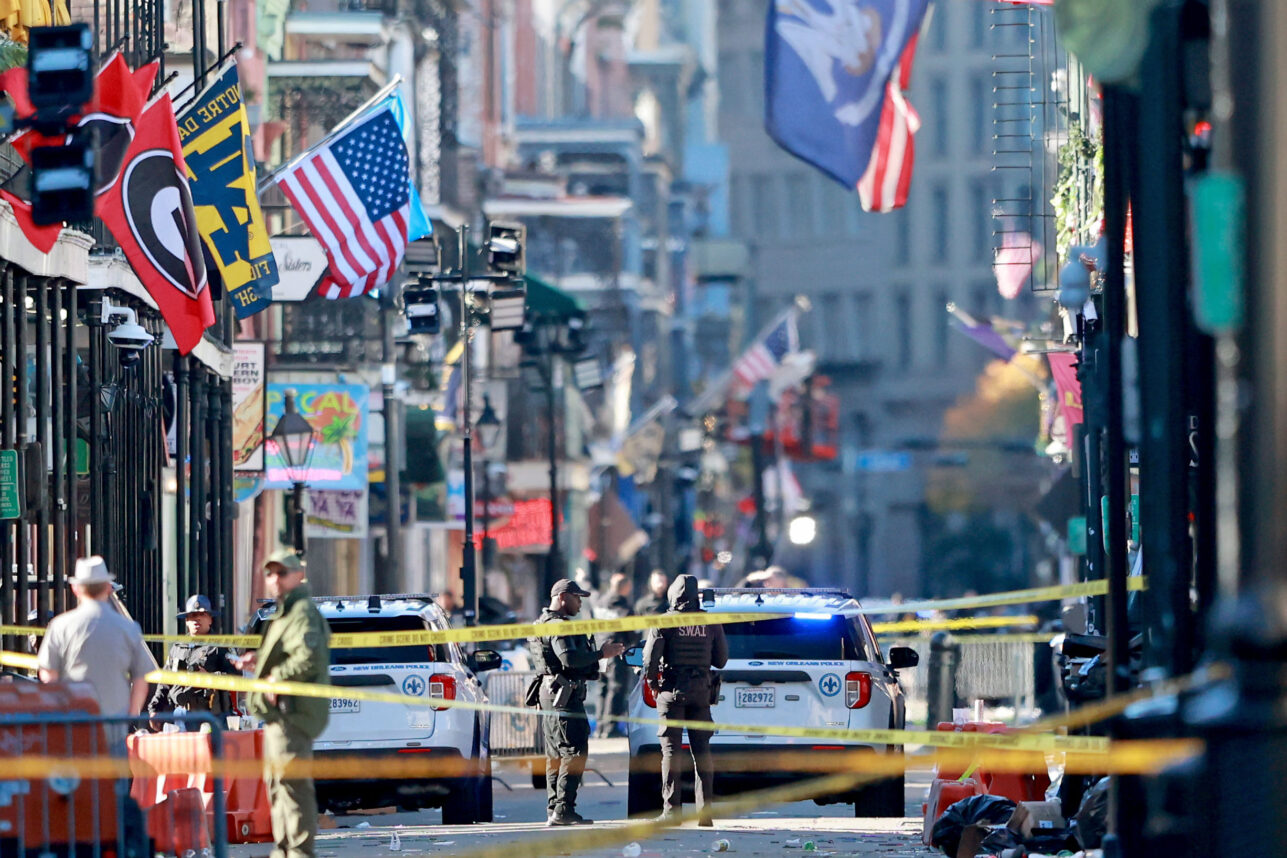A secret FBI report from 1985 suggests a key piece of evidence in the trial of accused Nazi war criminal John Demjanjuk in Munich may have been a KGB forgery.
The German court announced Thursday that it would not suspend the trial over the document, and critics say the old report reflects outdated information.
“The facts show that the report of the Cleveland office are an irrelevant—and dangerous—basis for any consideration in the Demjanjuk case,” Elan Steinberg, vice president of the American Gathering of Holocaust Survivors and their Descendants, said in a statement April 13.
Steinberg said those who wrote the report in 1985 had not even examined the ID card. But in subsequent years, “the original ID has been subjected to the most intense scrutiny by courts and investigators on three continents”—including in the current case.
The Associated Press obtained the formerly classified Cleveland FBI report from the National Archives in Maryland suggesting that ID card 1393, which allegedly indicates Demjanjuk was transferred from the SS Trawniki training camp to the Nazi death camp Sobibor, might be a forgery by the KGB, the Soviet-era secret service.
Last year, a technical expert from the Bavarian Criminal Police Office testified that he had compared the ID with four other original cards and determined it was authentic. The same card reportedly also was analyzed by U.S. and Israeli authorities in earlier trials of Demjanjuk.
The FBI statement had not been seen by the defense or prosecutors in the Munich case, or in the trials in Israel and the U.S., according to the AP. Demjanjuk’s attorney, Ulrich Busch, requested a pause in the trial, which is supposed to conclude with a verdict in mid-May.
Demjanjuk, 91, is charged as an accomplice to the murder of 27,900 Jews in Sobibor in Poland in 1943.
Busch maintains that his client, a Ukraine native, was taken prisoner by the Nazis and was forced by them to become an SS guard.
Demjanjuk immigrated to the United States after the World War II and lived in suburban Cleveland. He was later stripped of his citizenship for lying about his Nazi past. A death sentence against him was overturned in Israel after its Supreme Court found reasonable doubt that he was the notorious guard “Ivan the Terrible” at the Treblinka death camp.
In May 2009, Demjanjuk was deported from the United States to Germany. His trial on the Sobibor charges began late that year.





















 More news and opinions than at a Shabbat dinner, right in your inbox.
More news and opinions than at a Shabbat dinner, right in your inbox.